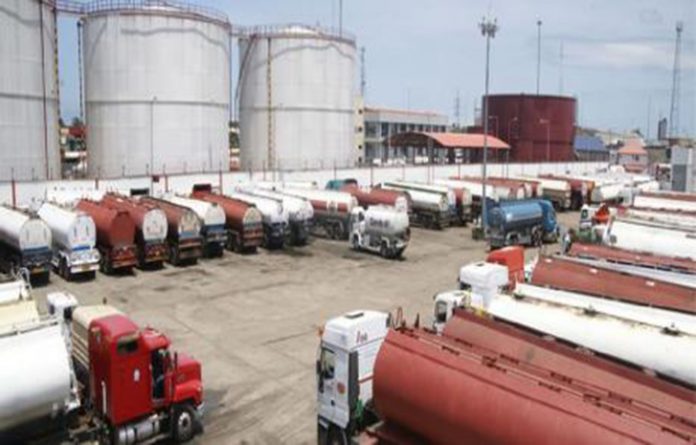The Nigerian government has engaged in dialogues regarding the implementation of retroactive tax obligations for tanker operators who visited the country between 2010 and 2019. This announcement has raised concerns within the tanker industry, leading to a decrease in ship traffic as vessel detentions become a possibility.
INTERTANKO, an organization representing tanker operators, has circulated a memo to its members, informing them about the newly introduced tanker taxes that apply to the specified period. The implementation of these taxes has already had a significant impact on suezmax rates. In addition, brokers BRS highlighted in their weekly tanker report that this development opens the potential for additional demands covering the post-2019 period. Consequently, the limited number of owners still willing to transport cargo from Nigeria are now demanding significantly higher premiums, resulting in a substantial surge in TD20 rates for shipments from West Africa to Europe.
Under the administration of President Bola Tinubu, the government has granted a three-month grace period for owners to settle the newly imposed tax invoices, some of which amount to millions of dollars. Dr. Zachaeus Adedeji, the special adviser to the president on revenue, provided an update to the local media, affirming the government’s commitment to swiftly resolving this matter to avoid disruptions to the flow of products within and outside the country.
The government has emphasized its stance on not succumbing to blackmail from non-compliant individuals who refuse to adhere to Nigerian laws. While the government has the authority to enforce the laws, they have decided against detaining or arresting non-compliant ships or vessels to prevent unnecessary panic. Instead, the government has issued demand notices and established a technical committee to facilitate the resolution of these matters in cooperation with the concerned parties.

